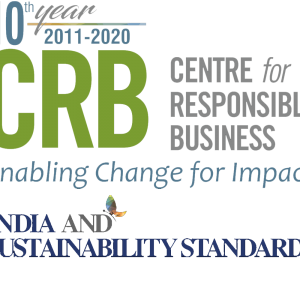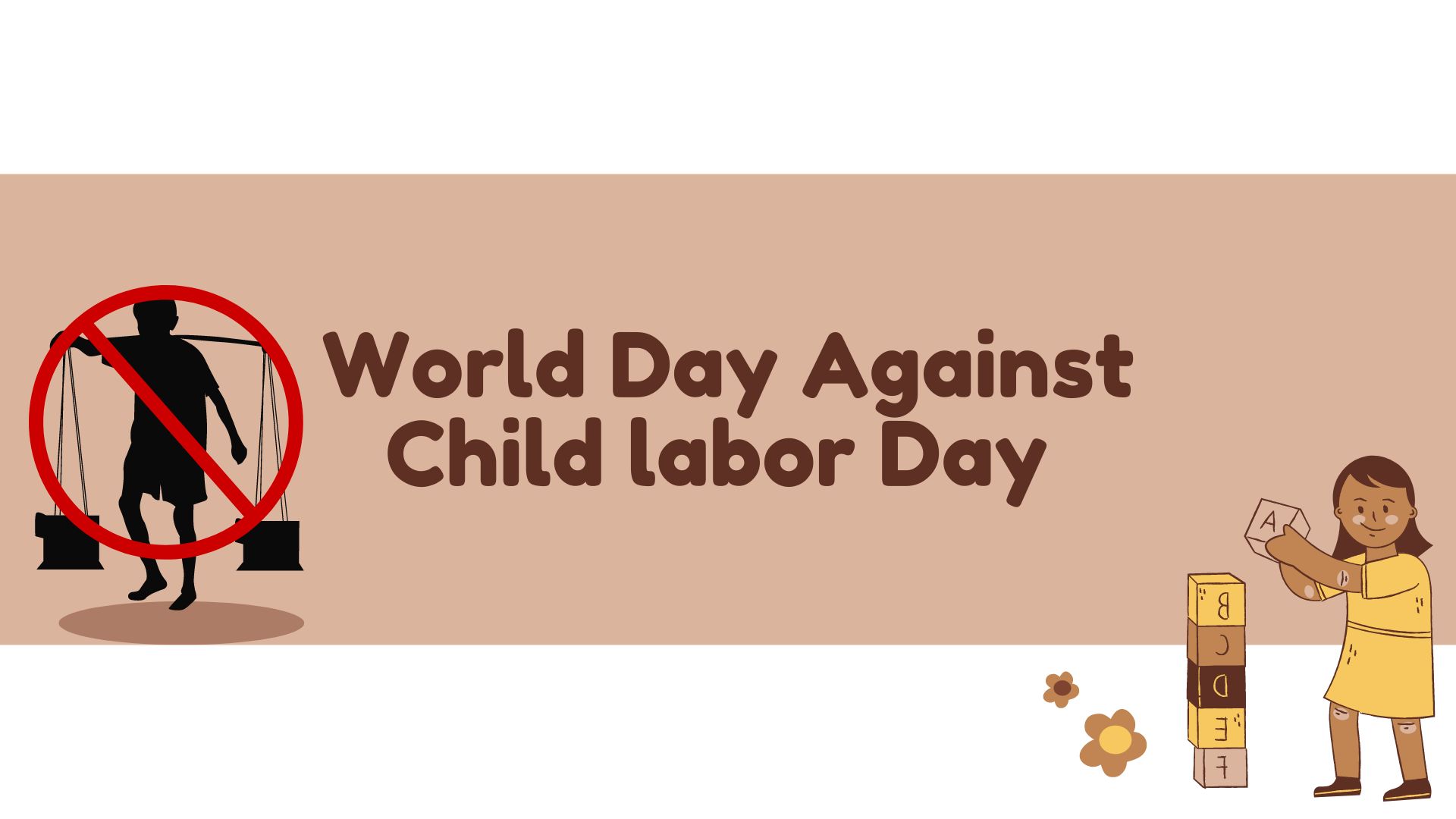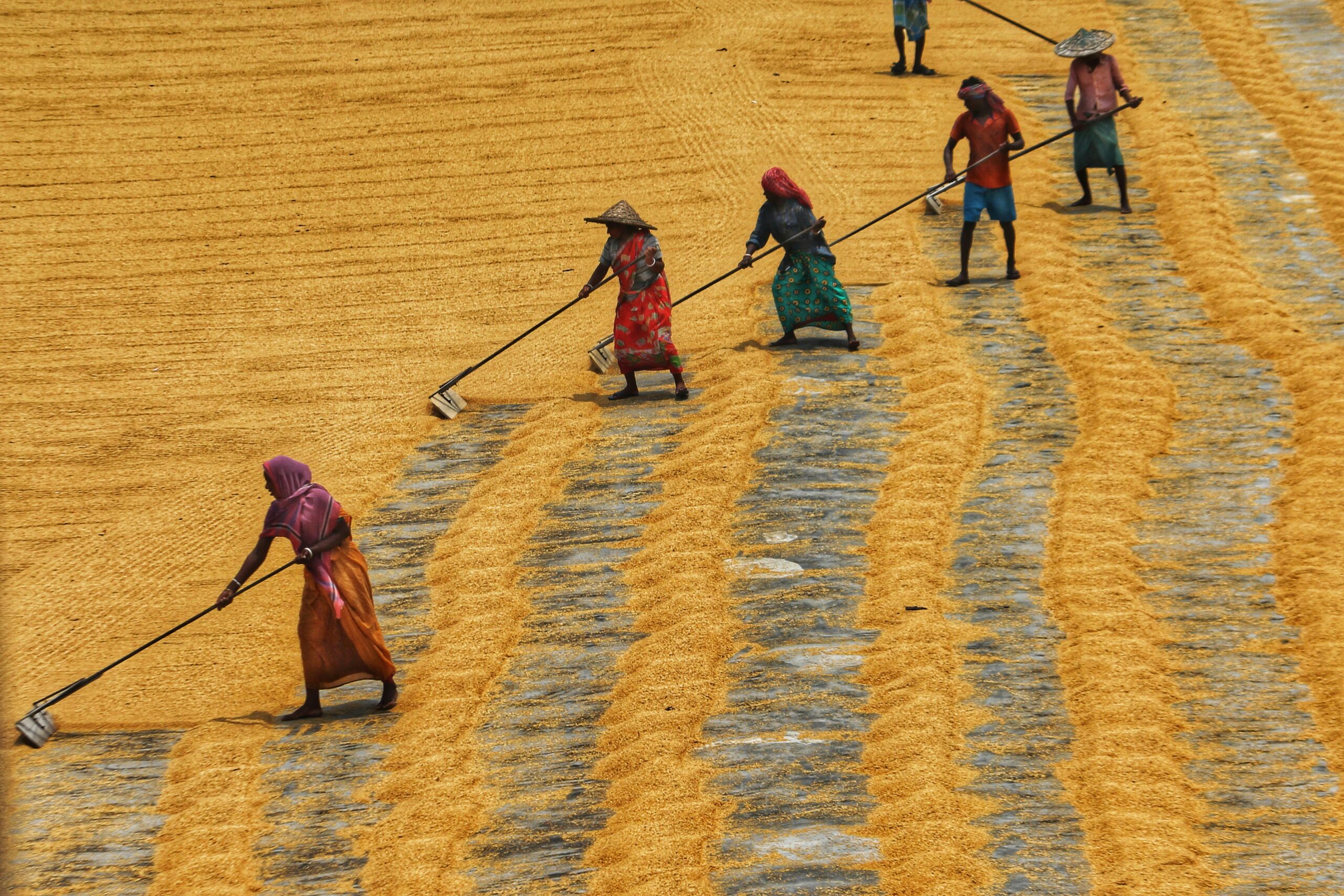
Sneha Maheshwari
Program Officer, IDH
Since February this year, prices of vegetable oils have been fluctuating significantly as sunflower oil supplies were disrupted from the Black Sea region. Until recently, the situation was being managed with other edible oils (already in short supply with the adverse weather and Russia’s invasion of Ukraine), primarily palm oil. In April, Indonesia banned palm oil exports for an undetermined period of time even as the Ukraine-Russia crises continues to disrupt global trade flows.
This ban is expected to further increase prices of all major edible oils including palm oil, soyoil, sunflower oil and rapeseed oil. That places extra strain on cost-sensitive consumers in Asia and Africa hit by higher fuel and food prices. These disruptions, temporary as they are hopefully, serve as a reminder of massive import dependencies that exist on commodities like palm oil, Asia’s place in global trade flows and what can potentially lead to an impeding food crisis.
India’s growing agency in the Global South trade discourse, makes it a both a large exporter and a key market for commodities. This places on us, as a country – the responsibility to shape regional trade and uptake of sustainability in this sector and paving the way for responsible sourcing practices across commodities. The purpose of responsible sourcing is to use our purchasing power to influence suppliers’ and producers’ business standards for the better.
India remains influential in the global supply chains for palm oil, and the main driver of regional trade flows, being the largest importer and the second-largest consumer. The country imports ~16% of the global palm oil imports (largely from Indonesia and Malaysia) and consumes around ~12% of the total global production. Indonesia is not only the world’s largest producer of palm oil but also meets nearly 50 per cent of the total palm oil requirement in India annually.
Due to the impact on the supply of palm oil, oil prices in the domestic market may be affected. In such a situation, there may be losses for FMCG companies. Household items such as soaps, vegetable oils etc. have already seen a sharp increase in prices.
However, the issue is not linear or simply one of demand and supply. It needs a more nuanced understanding of food security, trade relations, and national governmental priorities of increasing self-sufficiency. India is only now beginning to see shifts in our understanding of how to address the multiple social, environmental and economic challenges associated with palm oil imports.
As a starting point for a discussion on responsible sourcing, palm oil imports place India in an influential position within the global-political framework of palm oil trade to stop palm oil linked deforestation and human right violations by the virtue of its sheer size.
This also presents an opportunity to rethink the extensive use of palm oil and derivatives and see how companies, the government and CSO actors can better support each other to reduce India’s ecological footprint. Concerted and coordinated effort from India on this specific theme had so far been missing and a landscape approach of sourcing would pave the way for further deliberation and action. Building out Landscape Approaches that ultimately link back to markets like India and China. This then broadly work as frameworks to integrate policy and practice for multiple land uses, within a given area, to ensure equitable and sustainable use of land while strengthening measures to mitigate and adapt to climate change.
At IDH, through our work in Compacts and for the palm oil Markets in India, we build a multipronged approach that advocates a larger uptake of sustainably produced and responsibly sourced palm oil which in turn will create benefits of scale in producer countries thereby serving global circularity and reducing sourcing costs. Increased demand will also create economic incentives for palm oil producers to delink deforestation from their production and apply good agricultural practices.
SourceUp is one such unique platform bringing together compacts from multiple geographies. Through SourceUp, sustainability initiatives led by local stakeholders can find support from international buyers. SourceUp publishes sustainability data, mobilizes funds and thus works to uplift human rights beyond the farm level. All this then ultimately bridges the gap in responsible sourcing within the Indian context, paving the way to achieve climate justice, domestically and abroad.
In an attempt to link Indian demand to responsible supply from key compacts, the IDH Market team in India has been in discussions with policy stakeholders (including the Directorate General of Foreign Trade, the NITI Aayog and the Ministry of Environment Forests and Climate Change) on one side, and with key companies trading, processing and using palm oil in its supply chain to understand the unique challenges they face in responsible sourcing of palm oil.

Sneha Maheshwari
Program Officer, IDH














































































































